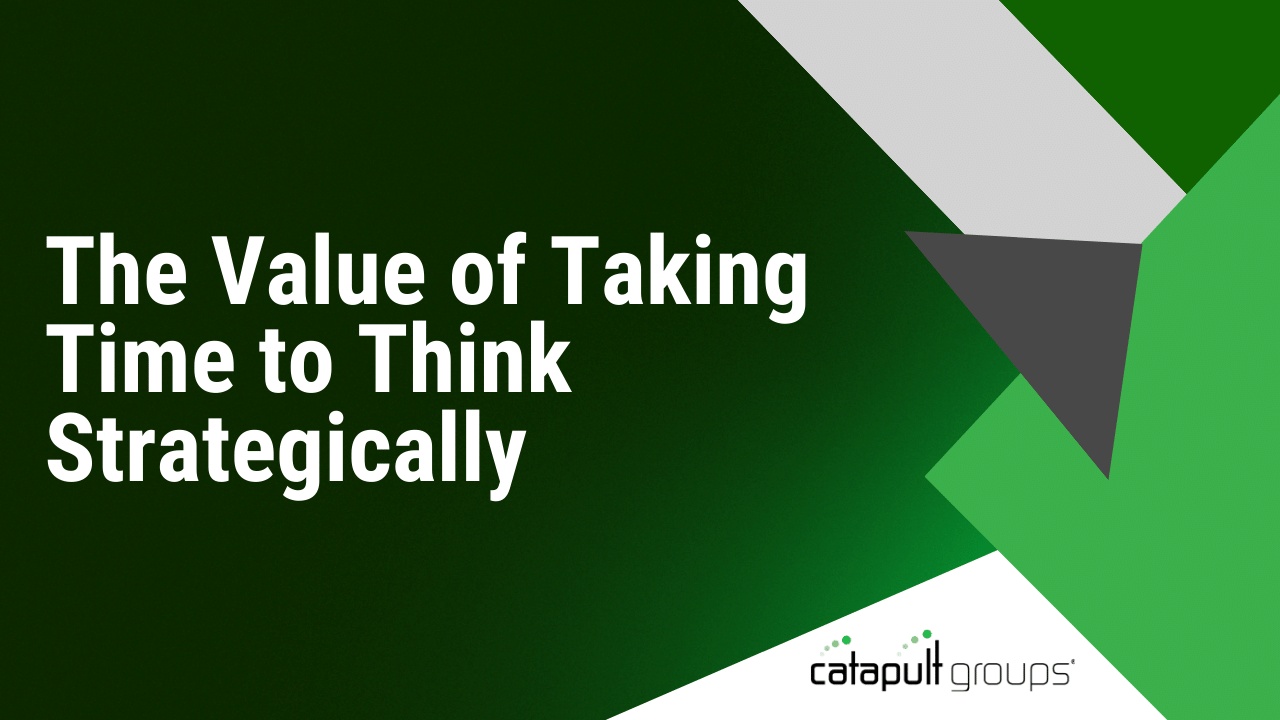Executive Coaching Hidden Benefits
When it was suggested that he consider the use of an executive coach, Google Chairman and CEO Eric Schmidt balked at first.
“My argument was, How could a coach advise me if I’m the best person in the world at this? But that’s not what a coach does … A coach is somebody who looks at something with another set of eyes, describes it to you in [his] words, and discusses how to approach the problem.” After partnering with an executive coach, Schmidt adds, “Once I realized I could trust him and that he could help me with perspective, I decided this was a great idea.”
Gaining perspective is only one of many benefits that come with expert executive coaching. There are numerous other advantages that many veteran and rookie CEOs fail to take into account, until it’s too late.
Getting Out Of A Vacuum
For most small business owners and CEOs, success depends on maintaining a certain professional distance from others in the organization. This necessarily means they get a lack of solid, objective feedback about their performance, as well as having no sounding board they can call on to express doubts or even suggest new ideas that might be seen as “threatening” to others.
As a result, executives operate within a vacuum that only exacerbates their sense of isolation. A peer-to-peer CEO group or a skilled executive coach represents an ideal solution to this dilemma.
Recognizing Blind Spots
Another negative effect of working in isolation is that CEOs often don’t know they have blind spots—areas where they don’t perform as well as they like to believe they do. (And remember, it’s highly unlikely anyone else in the organization is going to bring this to their attention.) But CEOs who understand such blind spots might exist greatly benefit from executive coaching that seeks to expand self-awareness and help them reflect on their actions in a deeper, more meaningful way.
New Skills For Rising Stars
For executives advancing to the C-suite, I believe it’s absolutely crucial to have access to objective feedback—that is, from someone not within the organization. At no other point in their careers will they be more in need of highly developed interpersonal and leadership skills. They also must manage the complex transition into this demanding new role. If they fall short in these areas, the entire organization will suffer.
Expert coaching enables these budding leaders to expand and diversify their management skills, while also helping them ease into their new, senior-level roles.
Improved Communication
Another key benefit of executive coaching focuses on the CEO’s communications skills. This is one of those areas where some leaders think they’re doing a good job, but in fact are leaving those who report to them scratching their heads and guessing at what the boss really means. Again, no thriving business can survive long in such a dysfunctional atmosphere.
A good executive coach trains CEOs in developing better ways to get their thoughts and messages across, and in better understanding the different ways in which people listen, respond and take action. They help make it easier to communicate to and motivate employees across gender, age and cultural divides.
It’s not surprising that a person who takes on the daunting role of a CEO—or those who have been in the position for some time—believe they have all the answers. The truly effective leaders know this is not the case. When they turn to an executive coach for assistance, the process serves to benefit both them and the organizations they lead.
If you’re ready to take on your toughest challenges and seize your most exciting growth opportunities, now’s the time to explore our executive coaching program by becoming a member of Catapult Groups.



